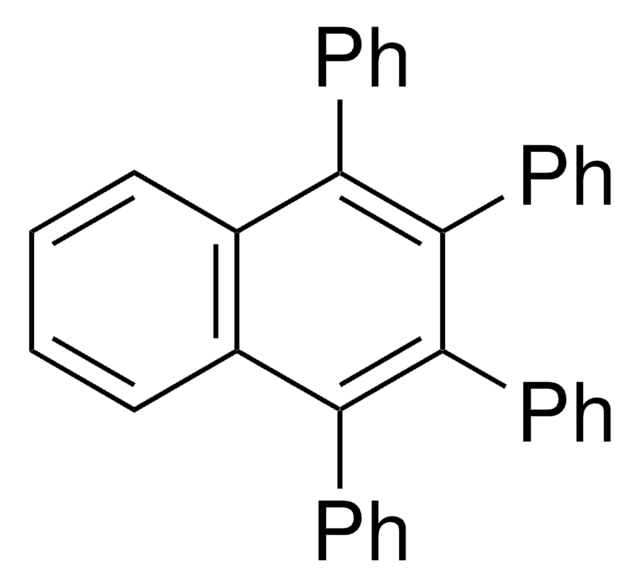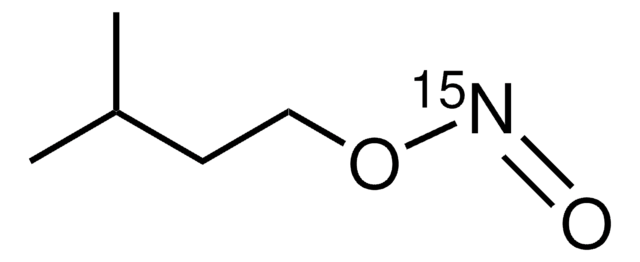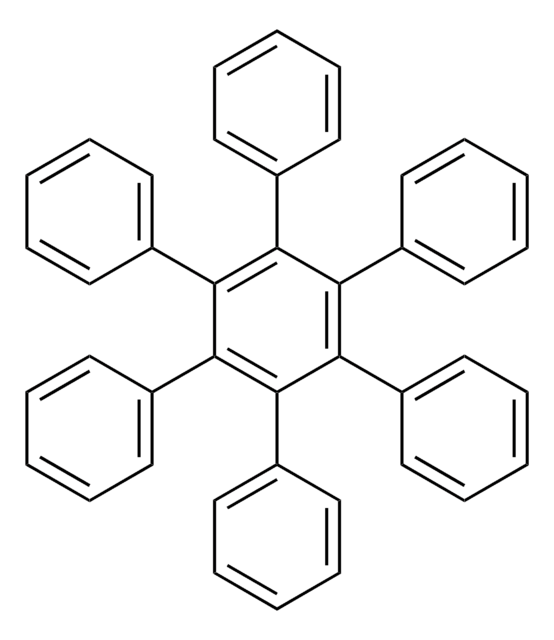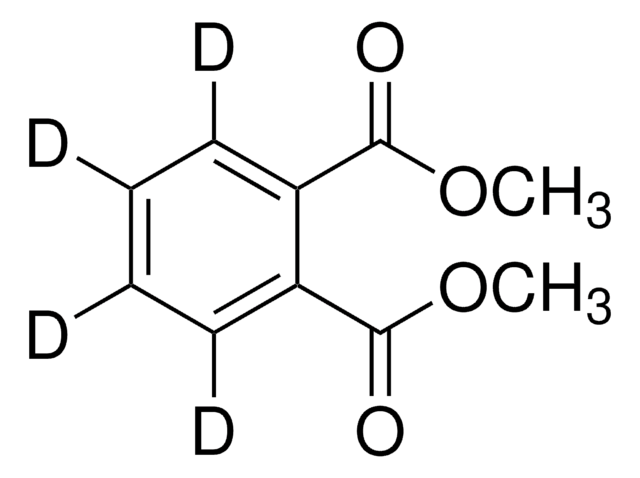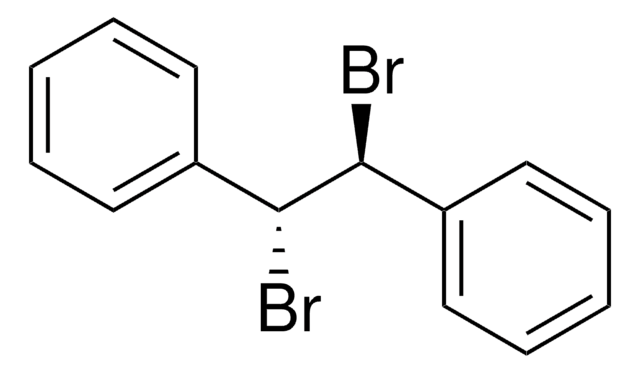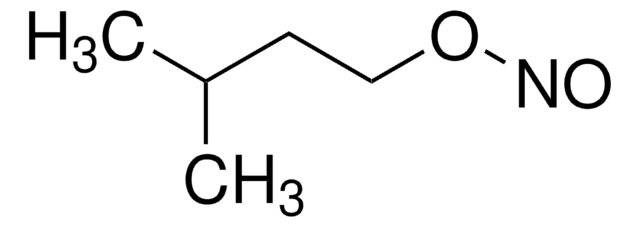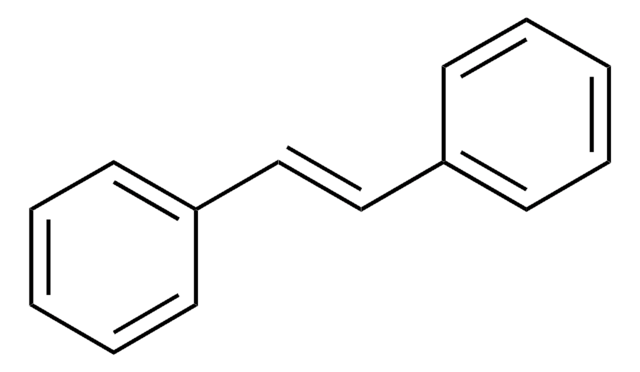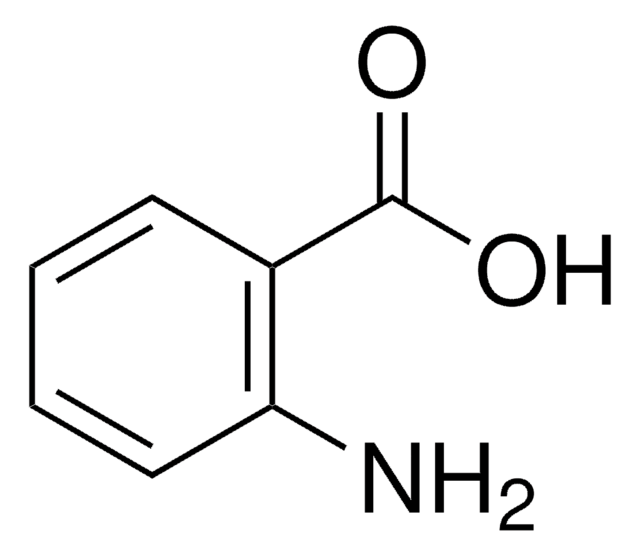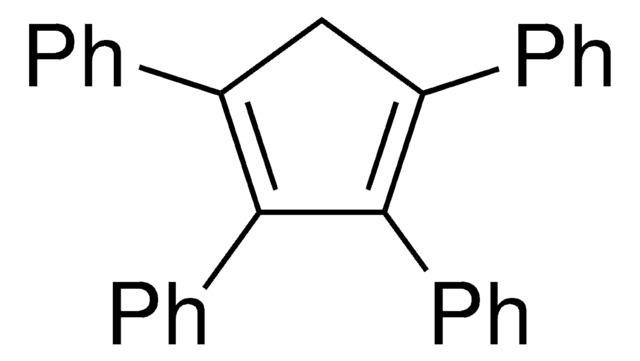T25801
Tetraphenylcyclopentadienone
98%
Synonym(s):
2,3,4,5-Tetraphenyl-2,4-cyclopentadien-1-one, 2,3,4,5-Tetraphenylcyclopenta-2,4-dienone, 2,3,4,5-Tetraphenylcyclopentadienone, Cyclone
About This Item
Recommended Products
Quality Level
assay
98%
mp
217-220 °C (lit.)
SMILES string
O=C1C(c2ccccc2)=C(c3ccccc3)C(c4ccccc4)=C1c5ccccc5
InChI
1S/C29H20O/c30-29-27(23-17-9-3-10-18-23)25(21-13-5-1-6-14-21)26(22-15-7-2-8-16-22)28(29)24-19-11-4-12-20-24/h1-20H
InChI key
PLGPSDNOLCVGSS-UHFFFAOYSA-N
Looking for similar products? Visit Product Comparison Guide
Related Categories
Storage Class
11 - Combustible Solids
wgk_germany
WGK 3
flash_point_f
Not applicable
flash_point_c
Not applicable
ppe
Eyeshields, Gloves, type N95 (US)
Choose from one of the most recent versions:
Already Own This Product?
Find documentation for the products that you have recently purchased in the Document Library.
Customers Also Viewed
Our team of scientists has experience in all areas of research including Life Science, Material Science, Chemical Synthesis, Chromatography, Analytical and many others.
Contact Technical Service
